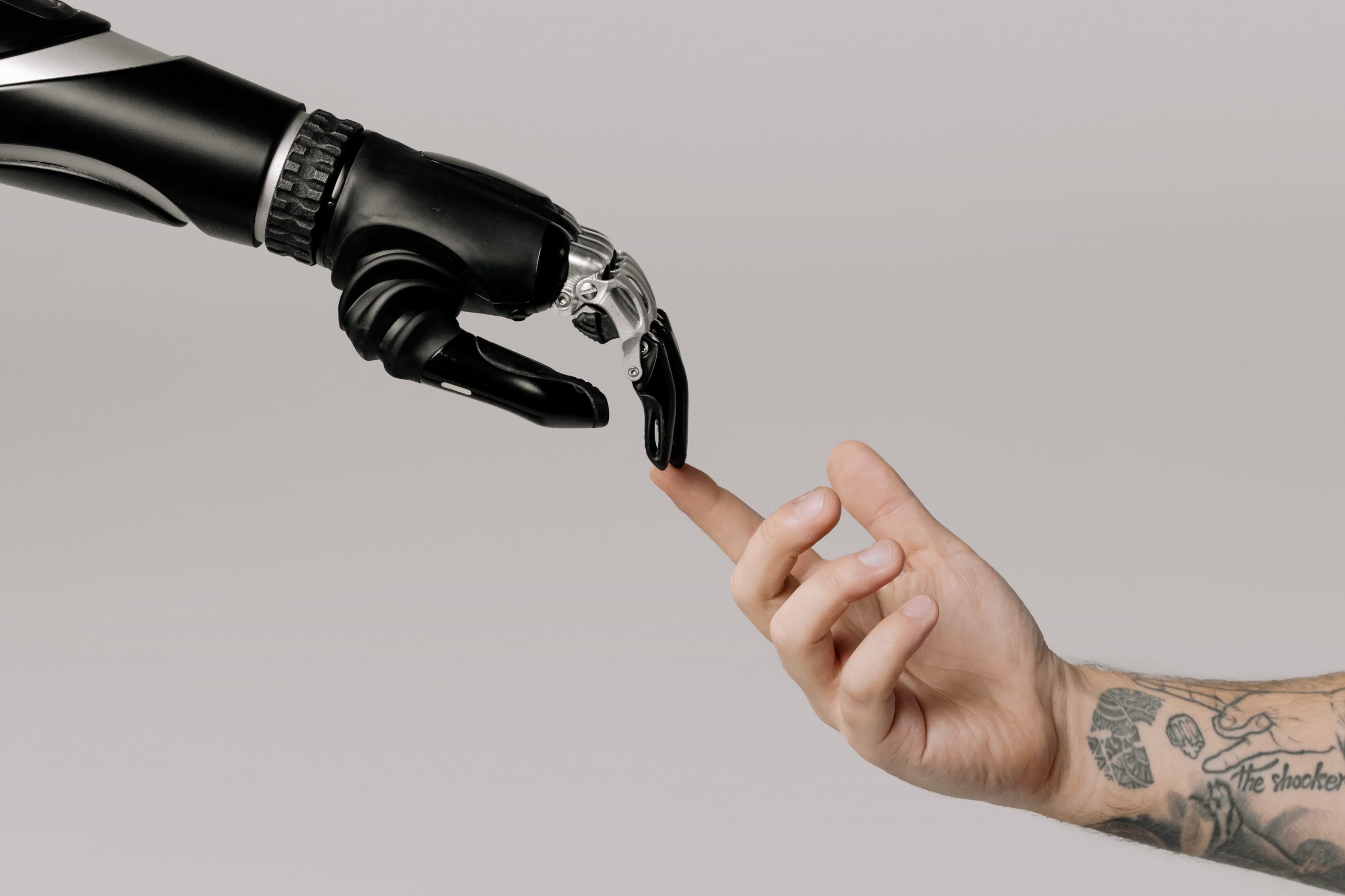Senior business leaders are utilising a range of AI tools to drive cost-savings for their organisations as businesses continue to tighten their belts. But more education and training are needed to reduce fears amongst employees and enable businesses to fully embrace the benefits of AI.
That’s according to new research from Personio, Europe’s leading HR software company for small and mid-sized businesses, which surveyed 500 HR Decision Makers across the UK and Ireland.
AI innovation is currently being led from the top of UK&I organisations, with 81% of HR decision makers reporting appetite for AI adoption from senior leadership. However, while overall movement is coming from the top down, younger employees are adapting to the rise of AI the fastest. 78% of HR professionals aged 25-34 are currently using some type of AI powered tool, dropping to 69% of those aged 55+, demonstrating a clear generational trend when it comes to AI adoption.
As the job market remains weak and businesses’ budgets are under increased scrutiny, AI powered technologies provide businesses with an opportunity to quantify tangible cost benefits. 91% of HR managers already using AI tooling of any kind have either seen or expect to see cost-savings within their departments.
Other motivations for investing in AI include efficiency, as 59% believe that AI will help them save time on HR processes. By making admin tasks such as onboarding new employees, payroll, timesheets, administration of benefits and learning and development more efficient, HR teams will have more time to focus on other aspects of their job, including talent acquisition, ultimately improving the organisation’s bottom line.
However, a lack of education and fears around job losses could be holding AI adoption back amongst employees. Just over half (51%) cite job loss as a primary challenge around adopting AI. Encouragingly, 97% of HR Decision Makers say that training will be necessary to successfully use generative AI in HR processes.
Pete Cooper, Director of People, Partners & Analytics at Personio comments: “When computers first arrived in workplaces, employees had to learn how to use Excel. Educating employees about AI is no different. The introduction of AI must go hand-in-hand with training and education, both for HR departments as well as employees. By arming the workforce with the skills they need to use AI responsibly and effectively, we can turn their fears around job loss into confidence and improve the overall employee experience.”
Tom Cheesewright, Applied Futurist, added: “I spend a lot of my time reassuring people that AI cannot do your job. A job is a complex collection of tasks. AI can do *some* of your work, it cannot do your whole job — or anyone’s. Instead, using AI you can do a lot of things better, and stop doing some of the tasks that you don’t enjoy. Let the robot do the work! The more technology we introduce and the more we use AI, the more we’re going to value people and the qualities that are uniquely human.”









